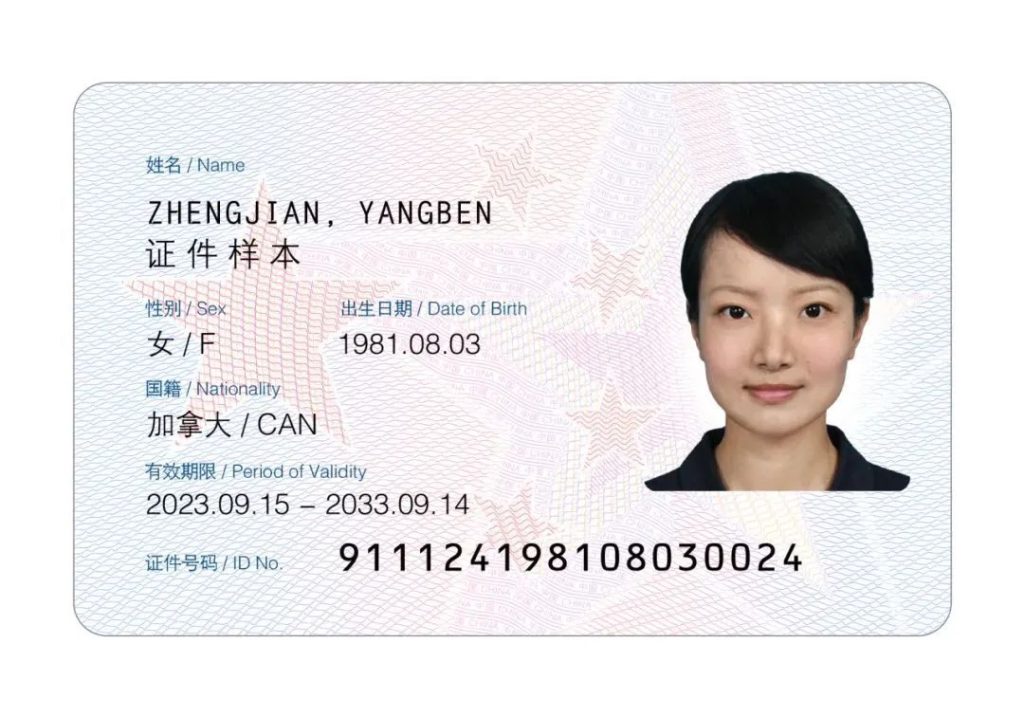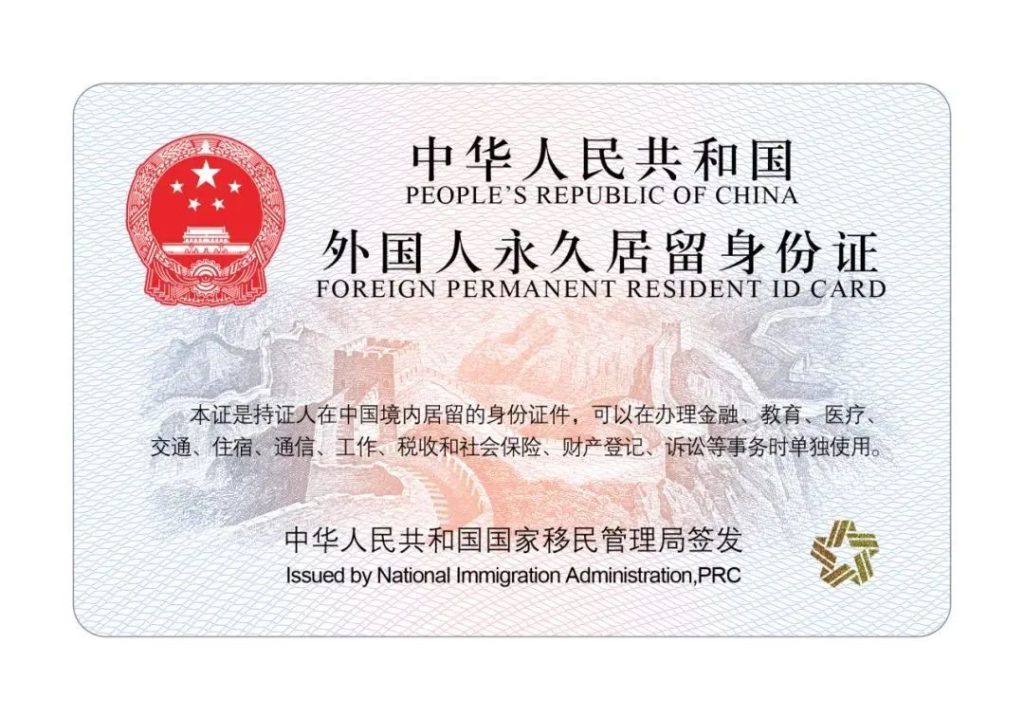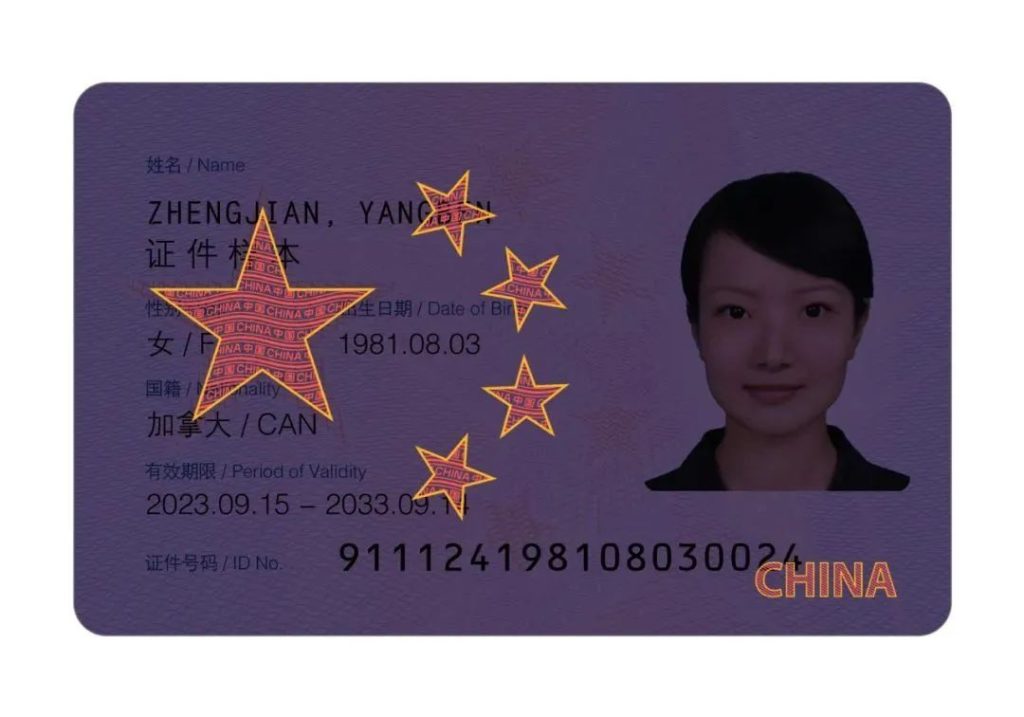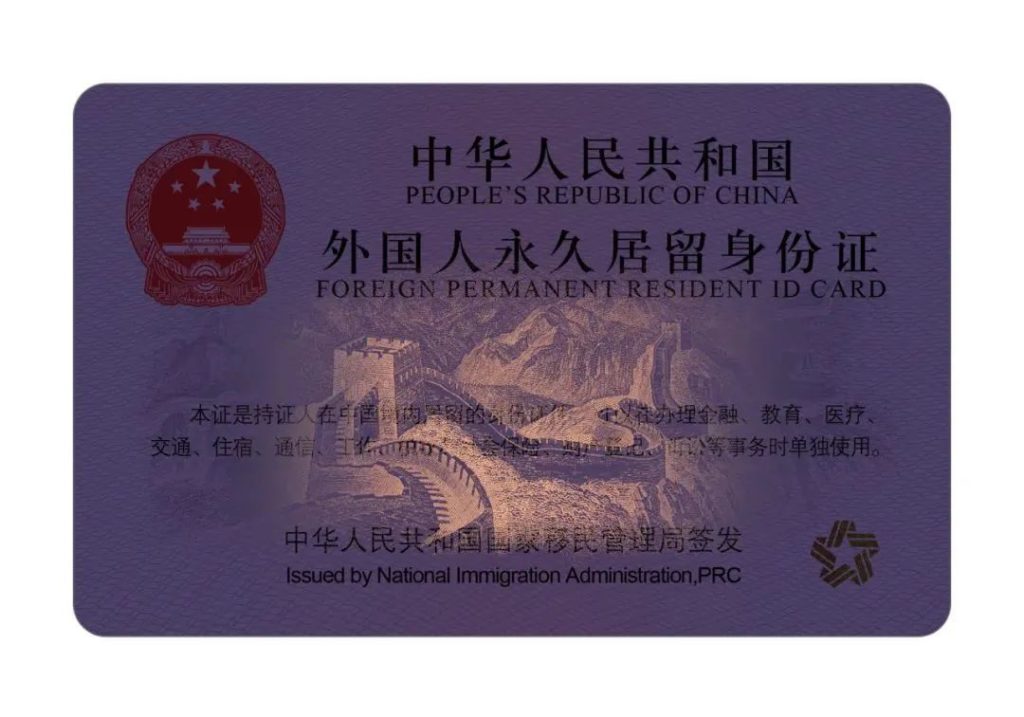The Digital Advertisement Zone Shanghai in the Zhenru subcenter of Putuo.
Shanghai's first digital advertising industrial park in the downtown area has opened in Putuo District aimed at meeting the city's ambition to become an "international digital advertising capital."
After 10 months of preparations, the Digital Advertisement Zone Shanghai was unveiled in the Zhenru Subcenter of Putuo. The core area of the park is within Haina Town, a pilot zone for Shanghai's digital transformation campaign.
Digital advertising refers to marketing to target audiences through digital platforms, including social media, email, search engines, mobile apps and websites.
E-commerce platforms, short videos and livestreaming, for instance, have become the most popular digital advertising forms among domestic customers.
The new park will help Putuo to attract the world's leading companies in the digital advertising sectors with an optimized environment and full-chain services, especially in intellectual property rights, said Jiang Dongdong, Party secretary of Putuo.
The park, covering a total of 1 square kilometer, is mainly based at the Hongqi Center and the adjacent Max City project, which rises from the Hongqi Village, a former notorious rundown urban settlement.
The region has been listed among the first batch of demonstrations in the makeover of the city's remaining urban villages. It will feature office high-rises, commercial and cultural sites and high-end residential communities.
Officials sign cooperative agreement for the development of Putuo's digital advertising sectors.
A public space for the advertisement park has been set up on the 12th and 16th floors of the Hongqi Center building, covering about 4,000 square meters, for shared offices, livestreaming programs, conference, road shows and exhibitions.
The exhibition mainly includes a brief introduction of Putuo, an overview of the park and its leading enterprises. An "awards center" displays world-renowned awards, such as Cannes Golden Lion Award, London International Advertising Award and New York Advertising Award, along with China's Great Wall and Tiger Roar awards.
Visitors can experience AI painting, face capture, robots, metaverse and other futuristic technologies to create immersive advertising effects.
The park will become a gathering place for leading enterprises, well-known awards and professionals to create a digital advertising industry ecology, according to the district government.
"Shanghai's advertising industry has shown a good development trend in recent years and played a positive role to strengthen the city's service level and core competitiveness," Ni Junnan, Party secretary and director of Shanghai Market Supervision and Administration Bureau, revealed at the opening ceremony of the park.
Ni promised to support and help drive the high-quality development of Putuo's digital advertising sectors.
The first group of enterprises.
The first batch of enterprises settled in the park include Leo Digital, Vision Star, Kuaishou Magnetic Engine, MSL, Qianma Network, Vland and other leading digital advertising firms.
Furthermore, according to a memorandum of understanding signed at the park's inaugural ceremony, the Shanghai International Advertising Festival will be held in Putuo for three consecutive years from 2023 to boost the district's digital advertising industry.
The Putuo District culture and innovation office has released a new batch of 22 supportive measures, ranging from office rent subsidies, executive support to financing services for the digital advertising sectors.
The district has also signed strategic cooperation agreements with the schools of journalism, communication and media of the Fudan University, East China Normal University, Shanghai University, Shanghai Normal University and Shanghai Institute of Visual Arts.
Under the cooperation deals, they will jointly cultivate professionals for the digital advertising industry and the park.
Putuo, formerly known for its chemical industries, now focuses on scientific innovation with four major parks within the district – the China Israel Innovation Hub, the International Innovation Center of Tsinghua University Shanghai, the Wuning Innovation Community, and the Haina Town.
Its waterfront along the Suzhou Creek, the Taopu Smart City and the Zhenru Subcenter will also provide sufficient development space for digital advertising firms, according to the district.
The shared office space at the Digital Advertisement Zone Shanghai in Putuo.
The 125-kilometer creek, which flows from suburban Qingpu District to downtown Waibaidu Bridge in Huangpu District, is the Huangpu River's biggest tributary.
The longest part of the creek is in Putuo, accounting for half of its downtown section, which aims to become a "sitting room" for the Yangtze River Delta region.
Putuo has been constantly working to improve the water quality of the creek since the 1980s, and intends to develop the area into an ecological zone and ideal place for living, working and innovation, as well as attracting the world's leading companies to the waterfront.
The district is already home to more than 1,000 advertising companies who contributed nearly 300 million yuan (US$43.5 million) to the Putuo's tax revenues.
"Now that Putuo District has formed a sound digital advertising industry ecology, the park, as an important carrier of the digital advertising sectors, will further gather industry resources and promote the large-scale development of the industry," said Zhou Hanyan, Party secretary and director of the Putuo Culture and Tourism Bureau.
Within the same office building, for instance, a livestreaming platform can easily find e-commerce companies to seek chances of cooperation. Digital advertising content can also be efficiently distributed under collaborations among "neighbors," according to the bureau.
"The park will also take advantage of the 'innovation engine' of Haina Town to provide digital advertising companies with broad development space and strong technical support," an official with the Putuo government said.
The shared office space at the Digital Advertisement Zone Shanghai in Putuo.
Haina Town, covering 3.12 square kilometers, mainly attracts high-tech incubators and research institutes as well as recreational and commercial facilities.
A large swathe of smart applications such as unmanned service centers and intelligent senior care systems will be applied here, according to the blueprint.
It will become the source of Putuo's scientific innovation sector and core area for the development of digital technology, according to the district government.
The town is being developed in ancient Zhenru Town, which dates back to the Song Dynasty (960-1279).
A monk named Yong'an erected Zhenru Temple and built a xianghua (scented flower) bridge, which brought worshippers to the area. Markets were later developed around the temple, which still exists, along with Zhenru Pagoda.
The town, formerly known as Taoxi, or peach creek, which sat between the former Jiading and Shanghai counties, was one of the city's four most prosperous marketplaces.
The Zhenru Subcenter will cover 6.2 square kilometers, based around the West Railway Station and expressways connected with the Yangtze River Delta region. The transport hub at the station handles more than 40,000 passengers daily.
Sightseeing paths have been planned for the subcenter for visitors to enjoy both the riverside greenery along the Zhenrugang, Dachangpu and Taopu rivers as well as the Caoyang Community, which sprang up in 1951 as a home to model workers of the city and has been listed as a heritage site by the city government.
On March 8, 2023, China acceded to the Hague Convention of October 5, 1961, Abolishing the Requirement of Legalization for Foreign Public Documents ("Hague Convention"). The legal effects of the Hague Convention will enter into force on November 7, 2023 in Chinese mainland.
Since November 7, public documents sent by China to other contracting parties for use can be sent to other contracting parties for use by applying for the Apostille provided for in the Convention without the need to apply for consular authentication by the embassies and consulates of China and the contracting parties in China. There is no need to apply for consular certification by the embassies and consulates of China and the Contracting States in China. For official documents of other States Parties to be sent to Chinese Mainland for use, only the additional certificate of that State is required, and there is no need to apply for consular authentication by that State and the Chinese Embassy or Consulate in the local area. Currently, more than 120 countries and regions have acceded to the Convention which aims to simplify the procedure of transnational circulation of public documents.
Enterprises and individuals engaged in cross-border trade and judicial activities, such as investment, litigation, inheritance, immigration and other matters, will benefit from this change. The time for making ready a document for the use in China can be reduced from about 20 working days to 3-5 working days.
Scope of Hague Apostille
- Public Documents
This includes birth certificates, marriage certificates, divorce judgments, death certificates, educational certificates, business registration certificates, and other public documents.
- Court Documents
This includes court rulings, judgments, complaints, court orders, and other documents related to legal proceedings.
- Administrative Documents
This includes various government-issued documents such as passports, visas, permits, licenses, notarized documents, and other administrative documents.
- Notarized Documents
This includes notarial certificates and authentication certificates.
Convention Countries
- Asia (22 countries)
China, Armenia, Azerbaijan, Bahrain, Brunei, Georgia, India, Indonesia, Israel, Japan, Kazakhstan, Kyrgyzstan, Mongolia, Oman, Pakistan, Philippines, South Korea, Saudi Arabia, Singapore, Tajikistan, Turkey, Uzbekistan
- Africa (16 countries)
Botswana, Burundi, Cape Verde, Eswatini, Lesotho, Liberia, Malawi, Mauritius, Morocco, Namibia, Rwanda, Sao Tome and Principe, Senegal, Seychelles, South Africa, Tunisia
- Europe (44 countries)
Albania, Andorra, Austria, Belarus, Belgium, Bosnia and Herzegovina, Bulgaria, Croatia, Cyprus, Czech Republic, Denmark, Estonia, Finland, France, Germany, Greece, Hungary, Iceland, Ireland, Italy, Latvia, Liechtenstein, Lithuania, Luxembourg, Malta, Monaco, Montenegro, Netherlands, North Macedonia, Norway, Poland, Portugal, Moldova, Romania, Russia, San Marino, Serbia, Slovakia, Slovenia, Spain, Sweden, Switzerland, Ukraine, United Kingdom
- North America (21 countries)
Antigua and Barbuda, Bahamas, Barbados, Belize, Canada, Costa Rica, Dominica, Dominican Republic, El Salvador, Grenada, Guatemala, Honduras, Jamaica, Mexico, Nicaragua, Panama, Saint Kitts and Nevis, Saint Lucia, Saint Vincent and the Grenadines, Trinidad and Tobago, United States
- South America (12 countries)
Argentina, Bolivia, Brazil, Chile, Colombia, Ecuador, Guyana, Paraguay, Peru, Suriname, Uruguay, Venezuela
- Oceania (10 countries)
Australia, Cook Islands, Fiji, Marshall Islands, New Zealand, Niue, Palau, Samoa, Tonga, Vanuatu
Appendix 1: List of Local Foreign Affairs Offices Authorized to Issue Apostille Certificates.
The Ministry of Foreign Affairs of China is the competent authority for additional certificates under the Convention and issues additional certificates for public documents issued within the territory of China. Entrusted by the Ministry of Foreign Affairs, the foreign affairs offices of the people's governments of the relevant provinces, autonomous regions and municipalities directly under the Central Government, as well as some municipal people's governments, may issue additional certificates for official documents issued within their own administrative areas.
Provincial-Level Offices (25): Anhui, Chongqing, Fujian, Guangdong, Guangxi, Guizhou, Henan, Heilongjiang, Hubei, Hunan, Hainan, Jilin, Jiangsu, Jiangxi, Liaoning, Sichuan, Shandong, Shanghai, Shaanxi, Yunnan, Zhejiang, Gansu, Hebei, Shanxi, Inner Mongolia
Municipal-Level Offices (6): Changchun, Harbin, Ningbo, Jinan, Qingdao, Shenzhen
Appendix 2: Apostille
China's Certificate of Attachment will be in the form of a sticker with a silver-colored seal of the national emblem. The certificates of attachment issued by the Ministry of Foreign Affairs of China and the relevant local foreign affairs offices support online verification.
The National Immigration Administration's government service platform will launch online visa application appointment and inquiry services for foreigners in China, starting from October 9.
The administration has been providing such services for Chinese citizens since 2019.
To better serve expatriates and foreign businesses in the country, the administration will open eight services online, making it easier and more efficient to make appointment for applying for visa, check the information and progress, as well as peruse information about identity cards and passports of those with permanent residence in China.
The eight services are listed as follows:
1. Online appointment to apply for visa
Foreign applicants can make an appointment online to apply for visa extension, replacement, reissuance and stay or residence permit services, and choose the location and time for their offline application.
2. Progress of visa application
Foreign applicants can check the online progress of visa extension, replacement, reissuance and the stay or residence permit services they applied for at the exit and entry administration departments.
3. Visa information
Foreign applicants can go online to check information about visa extension, renewal, reissuance and stay or residence permit services.
4. Permanent residence identity card information
Expats who have permanent residence in China can check their identity card information on this platform.
5. Passport information
Expats who have permanent residence in China can check their passport information on the platform.
The results can form a set of e-documents with the stamp of the National Immigration Administration, which can make it easier for expats to handle financial, tax, social security, telecommunications and other social affairs.
6. Detail of offices where expats can process their visa and stay or residence permit
Foreign applicants can check online details of exit-entry departments across the country that handle visas and stay or residence permits, including office addresses, business hours and phone numbers.
7. Online service guidance
Foreign applicants can check detailed guidelines on visa extension, renewal, reissuance and residence permit to learn more about application materials and requirements as well as procedures.
8. Online assistance service for family members, relatives and friends on visa and residence issues.
The platform provides services for Chinese or expats to help their foreign family members, relatives and friends, especially the elderly and children who have difficulty using mobile applications, to handle visa and residence issues.
Chinese or foreign users should add the names of their foreign family members, relatives and friends who need assistance as applicants and handle the required services for them.
The new version of the People's Republic of China Foreign Permanent Residence ID Card will be officially issued on December 1, the National Immigration Administration announced today.
The existing version will remain valid within its expiration date. Cardholders can choose to apply for the new version based on their needs.
The PRC Foreign Permanent Residence ID Card is a legal identification document issued by the National Immigration Administration to foreigners who meet the requirements for permanent residence in China.
Cardholders can use the Permanent Residence ID Card as a valid certificate in situations such as accommodation registration and transportation ticket purchase, without the need to present their passports.
The new version of the People's Republic of China Foreign Permanent Residence ID Card:


The new version of the People's Republic of China Foreign Permanent Residence ID Card under ultraviolet light:


The new version retains the basic format of the current one while expanding the card number from 15 digits to 18, and incorporating five-star elements that represent China. It also optimizes the layout and employs advanced anti-counterfeit technology. The information storage and personal data protection have also improved.
After the introduction of the new version of the card, cardholders will be able to use them to handle personal matters via online platforms.
Alipay yesterday announced the launch of an updated "international version" of its smartphone application with customized services for overseas travelers to China.
When overseas users register or open the app, they will have the English-language option and easy-to-use translation tool.
It also integrates frequently used travel services, including hotel booking, air ticket booking, car-hailing, public transport and exchange rate checking.
Alipay said the new move aims to fulfill international travelers' mobile payment needs in China and improve their local travel experience.
This follows earlier measures to streamline the registration and verification processes for overseas users with no Chinese bank account or phone number.
The updated version also includes services related to the upcoming Asian Games in Hangzhou through the Smart Hangzhou mini-program.
Since late June, registration and digital payment process for overseas users have been improved.
Overseas visitors can now sign up Alipay and link an international credit or debit card from Visa, Mastercard, JCB, Discover, and Diners Club to pay at tens of millions of Alipay partner merchants across China, including restaurants, cafes, tourist attractions, shopping malls, street stalls and public transport.
Here is a step-by-step guide:



“
Please accept this recommendation for Lillian Zhou and the entire staff at J&K Investment Consulting (Shanghai) Co. , Ltd.
My Company The Charles Boggini Company from Coventry Connecticut USA engaged Lillian to assist in the set up of a trading company in Shanghai China also know as a WOFE . From the first meeting with Lillian I felt comfortable that J&K could handle all the details needed to complete the job.
The entire process was handled in a professional manner and the communication was very clear. Lillian and her staff were able to translate and explain clearly the details all the way thru the process. I was so comfortable with the WOFE setup that I continued with Lillian and J & K to mange my accounting and company details for the past two full year.
The staff is very efficient and detail oriented. I would be happy to refer them to any prospective client.
David C. Boggini
Founder & CEO, Boggini Trading (Shanghai) Co., Ltd

“
We have been cooperating with J & K in the past 6 years and we highly appreciated their visa services for our foreign employees. The number of our foreign employees is big and they work for our Shanghai head office and branches in different cities in China, to
control the employment and visa risk is not quite easy. Fortunately,we found J & K , they are our trustworthy visa consultant, their professional acknowledges and working schedule make us have no doubts and troubles when we are facing the employment and visa issues, no matter application, modification, extension and termination. We highly appreciated their efforts and hope to continue to cooperate and recommend J & K to you.
Vicky Zhou
C&B Manager, ASC Fine Wines

“
We have cooperated with J&K for many years, we deeply felt the professional services of them. When dealing with more complicated work, they always give quick feedback and provide effective solutions. J&K staff are very patient, meticulous and trustworthy. -- Lily Fang, Legal Department of WeWorkJ&K has participated in many company registration and change projects of us. For many years, they have been holding a professional and meticulous working attitude and provided us with extremely satisfactory services. J&K not only excellently completed various project tasks, but also provided us with solutions through their senior experience and knowledge to solve our problems and become an indispensable right-hand assistant in our work. Over the years, J&K and Wework have experienced growth and development together, they help their customers stay invincible in the changeable market competition. I believe that in the future, J&K will be able to serve more and better customers with unlimited future. -- Nancy Hong, Treasury Analyst of WeWork

“
What I admire most about the J & K team is their attitude towards service details. Each of them is striving for perfection. The J & K team has professional background and many years of experience, providing us with extremely satisfactory and pleasant service. Communication is the most important problem in the service, Every time J & K confirms and explains all problems in the work carefully and patiently, even the smallest details they try to ensure that there is no error. J & K not only provides us with high-quality services, but also provides many effective and feasible suggestions and guidance. J & K won the praise of our company, each of us is very willing to recommend such an excellent team to every potential customer.
Jane Hu
Centre Manager, ARCC Spaces



Leave us a message
Interested to Know More?
Please complete the form beside and we will get in touch with you soon!
Content with an asterisk (*) is required.